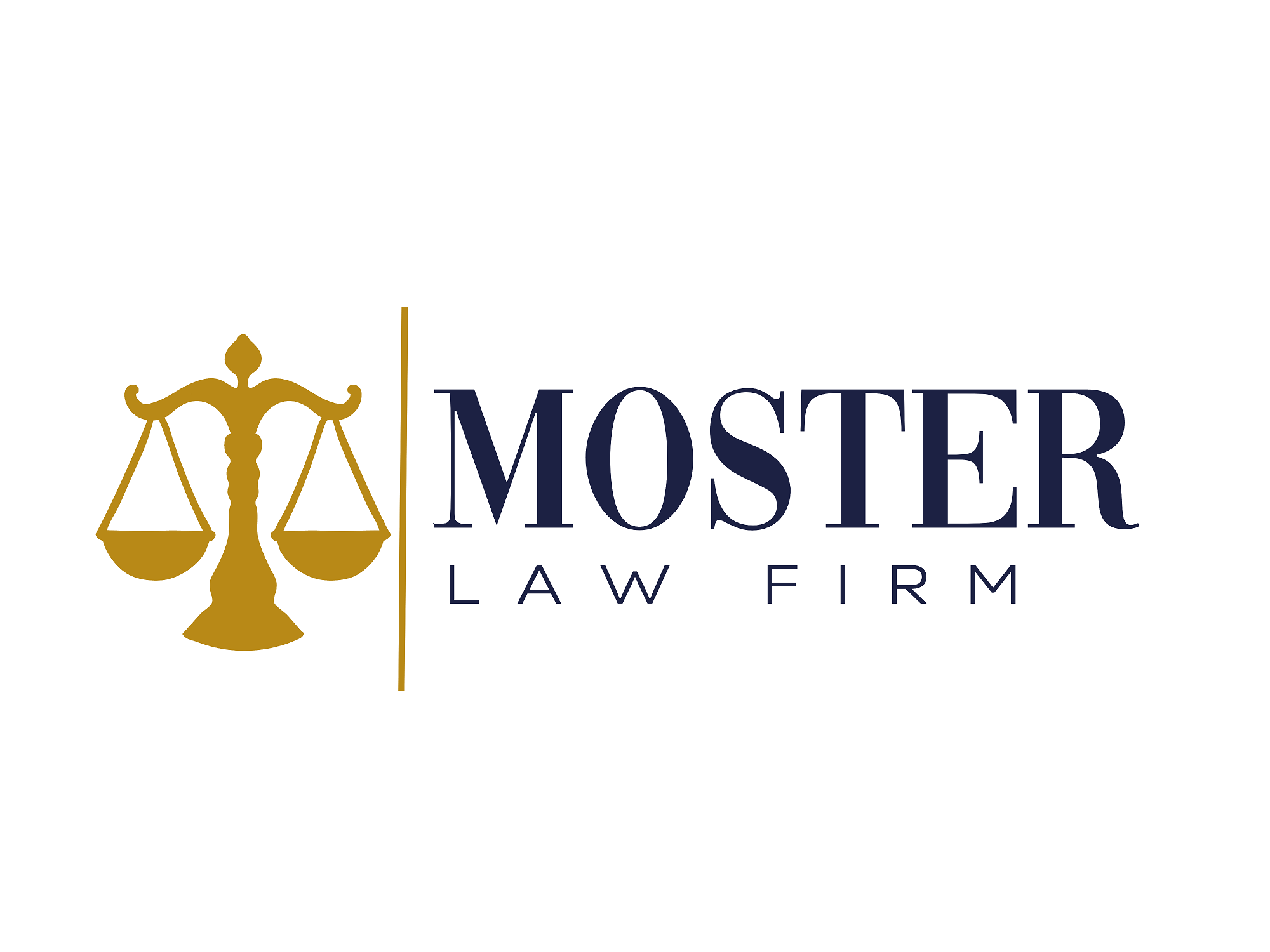
Trademarks & Copyrights are a major area of our IP practice. Many clients in all areas of the economy including hospitality, restaurants, retail, services, and others fail to understand the importance of trademark and copyright protection to safeguard their intellectual property. The lack of knowledge can be devastating to the very survival of these businesses as they can be sued by competitors for infringing on other intellectual property including trademarks & copyrights. From a business and legal standpoint, the securitization of branding is essential to product and service recognition and the income derived therefrom. The firm has represented business in all sector areas including large box stores in securing trademark protection for their products and services.
The use of trademarks can be considered from both an offensive and defensive standpoint. The rule of thumb is that you always want to be in the offensive stature and never on the defense or a defendant in a trademark action which can be disruptive and expensive. An example of offensive use of trademarks is when the client properly registers its wordmark or logo under federal law which is known as the Lanham Act. As an example, if a client came up with a name for a restaurant and wanted to operate it in any city in Texas, advice should be rendered as to whether the trademark is available and not registered to another company anywhere in the United States. Assuming it is properly registered and the trademark is secured which typically takes 6 to 8 months after submission to the USPTO (United States Patent Trademark Office), the owner can take legal action against any third party utilizing that brand in the United States. The typical approach is for the lawyer to send out a demand for the violator to stop using the registered trademark which is known as a cease-and-desist letter. That usually resolves the situation. In a minority of situations, it is required that the trademark holder file a federal lawsuit to take down the illegal mark and obtain damages.
Those clients who unfortunately find themselves the recipient of a cease-and-desist usually misunderstand the entire trademark process and never checked as to the availability of the mark. Many times, the client confuses the registration of the name with the Texas Secretary of State as having the same import as a trademark which is absolutely incorrect. Clients without proper legal advice can find themselves embroiled in a trademark dispute and lawsuit which takes vital time and resources away from the new company and could have easily been avoided at inception.
Additionally, many clients fail to understand the distinction between trademarks and copyrights. The latter typically refers to literary content, photographs, and computer code but can be confusing to clients and amorphous. Our job is to make the advantages and disadvantages of each form of IP cognizable so that our clients understand what is the best recommendation for them and why.
Let’s Talk

